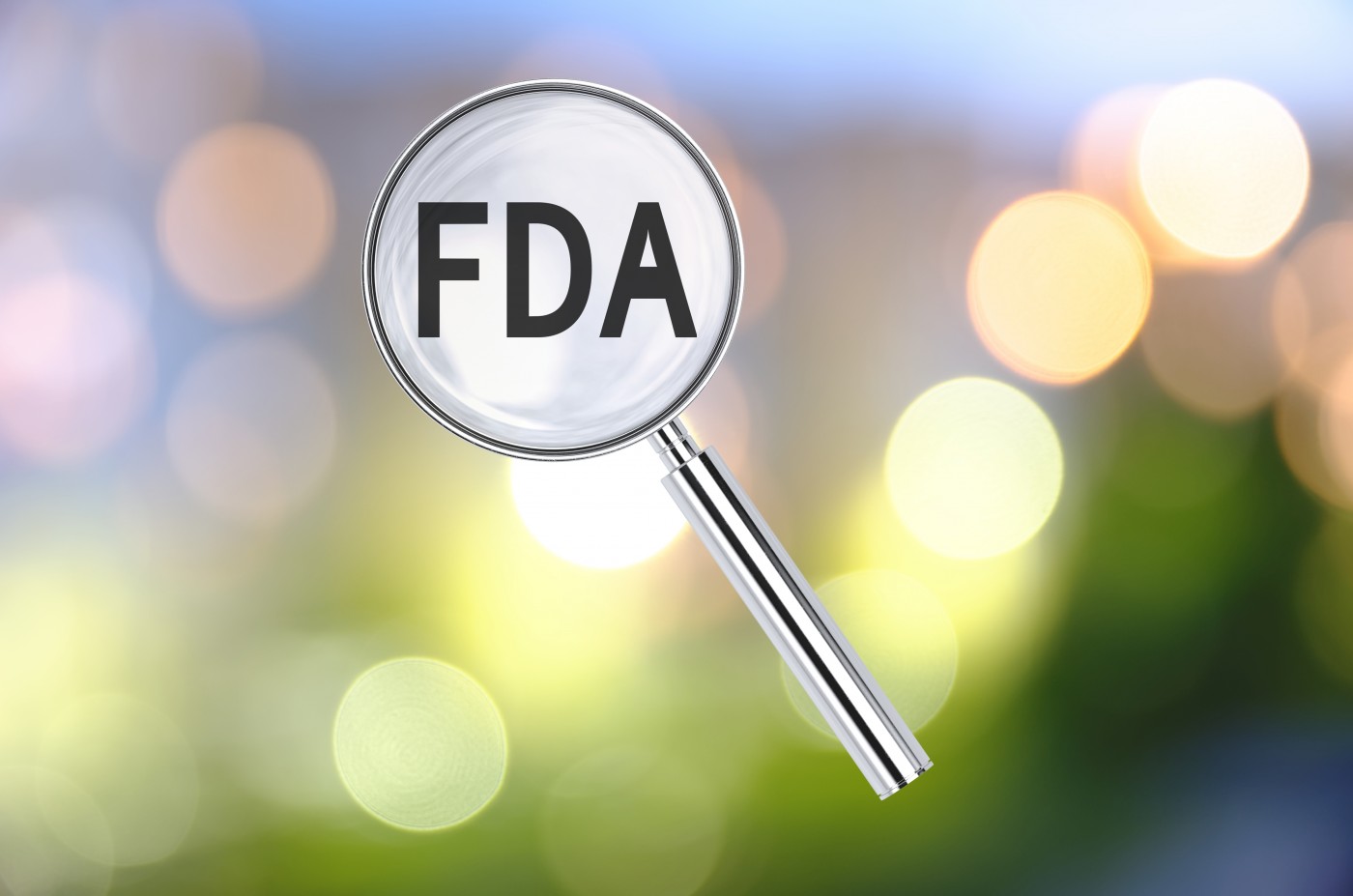FDA Gives Fabry Gene Therapy, FLT190, Orphan Drug Status
Written by |

The U.S. Food and Drug Administration (FDA) has designated FLT190, an investigational gene therapy for Fabry disease, an orphan drug to support and speed its development and possible review, Freeline Therapeutics, its developer, announced.
The therapy is being evaluated in a Phase 1/2 trial, called MARVEL1 (NCT04040049), that may be enrolling up to 15 adult male patients at three sites in Europe.
Orphan drug designation is given to potential treatments for rare diseases, defined in the U.S. as those affecting fewer than 200,000 people. It includes the possibility of financial support for clinical trials, tax credits, and seven years of market exclusivity should FDA approval be given.
The agency’s decision follows a similar designation granted to FLT190 by the European Commission.
“Fabry Disease has a wide spectrum of symptoms that can have a devastating impact on people’s lives and we believe that FLT190 has the potential to be a functional cure that can halt progression of the disease and address many of these serious symptoms,” Chris Hollowood, the company’s chairman, said in its press release.
FLT190 is designed to increase blood levels of the enzyme alpha-galactosidase A, known as alpha-GAL A, which are affected by mutations in the GLA gene that provides instructions to make this enzyme.
The total or near-total lack of functional alpha-GAL A in people with classic Fabry disease results in the buildup of fatty molecules, known as globotriaosylceramide (Gb3) and globotriaosylsphingosine (LysoGb3), that can damage the heart, liver, and kidneys.
A one-time gene therapy, FLT190 uses a harmless, liver-directed adeno-associated virus (AAV) to deliver a healthy version of the GLA gene to cells, with the goal of restoring production of a normal alpha-GAL A enzyme. FLT190 is given in a single, slow intravenous (into the vein) infusion.
An open-label and dose-escalating study, MARVEL1 is assessing FLT190’s safety, as well as its ability to trigger liver cells to produce sustained, high levels of alpha-GAL A. Other trial goals include how well Gb3 and LysoGb3 are cleared in the blood and urine, changes in kidney and skin biopsies, measures of kidney and heart function, immune responses, and quality of life.
Treated patients will be monitored for nine months via outpatient visits, and then enter a long-term follow-up period.
Preliminary trial data on the starting dose were presented at the 16th annual WORLDSymposium in February. Freeline reported that the FLT190 infusion was well-tolerated, and resulted in a three- to four-fold increase in blood alpha-GLA activity four weeks post-treatment, which was sustained through week 20, the cutoff date for data collection.
Freeline’s AAV therapy platform is also being evaluated in a Phase 2/3 trial (NCT03641703), assessing the safety and efficacy of the gene therapy known as FLT180a in people hemophilia B.





